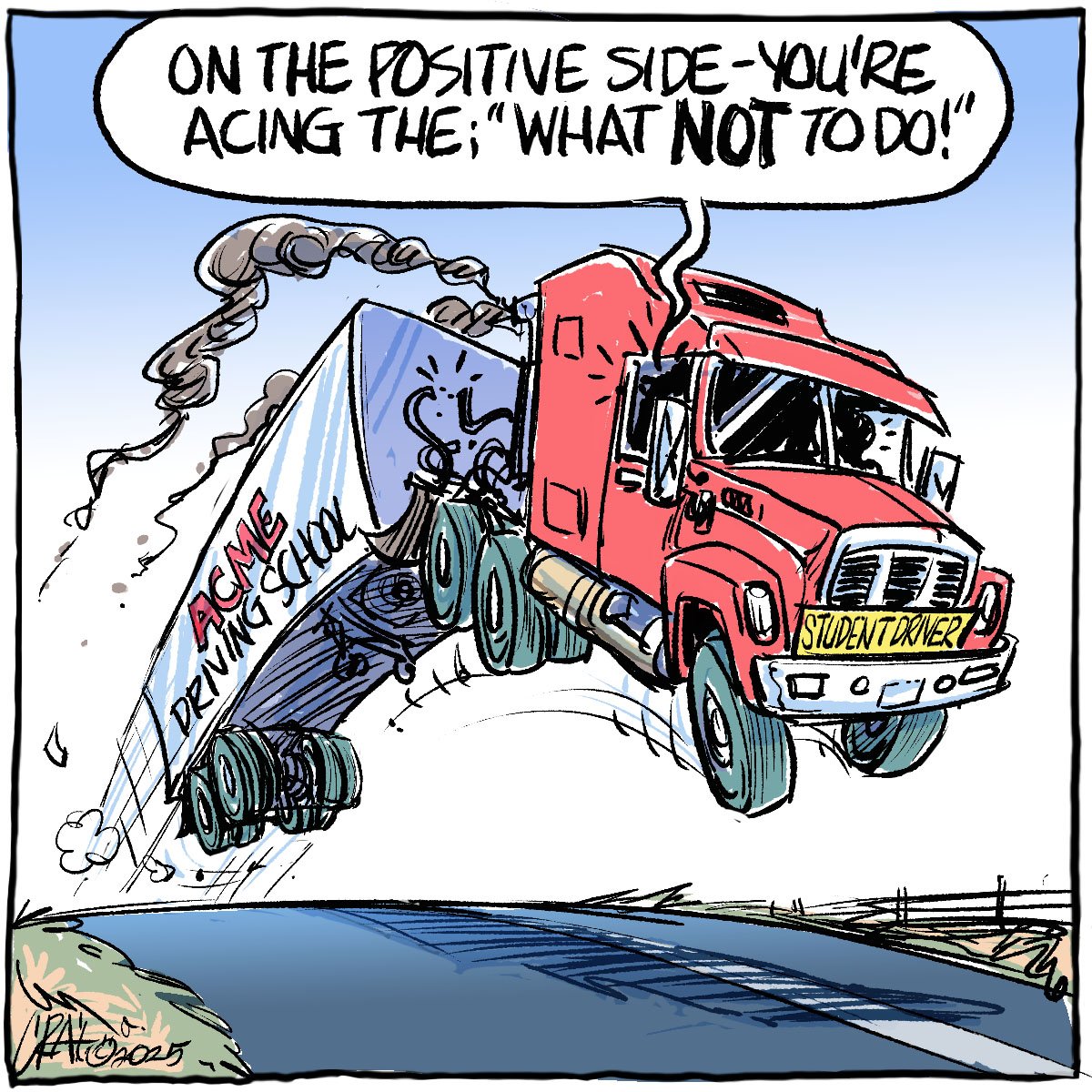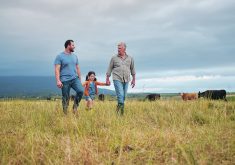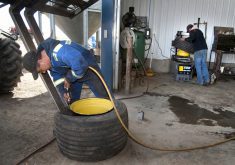The Canadian Agricultural Human Resource Council recently published its labour market forecast, Sowing Seeds of Change. The report goes into detail on some of the workforce challenges our industry will face between now and 2030.
Producers say recruitment is becoming more difficult because of a lack of skilled labourers, the nature of the work (manual labour), seasonality and rural locations.
The report discusses how retirement is a considerable factor in determining labour shortages, with several provinces (including Alberta and Saskatchewan) expected to see close to 35 per cent of their domestic workforce retiring between now and 2030.
Read Also

Efforts to improve trucking safety must be applauded
The tragedy of the Humboldt Broncos bus crash prompted calls for renewed efforts to improve safety in the trucking industry, including national mandatory standards.
Even if you are not facing recruitment challenges, and the retiring workforce does not cause concern for your farm, I will still confidently state that human resource practices should be top of mind as you look to the future of your operation.
Luckily for us, Canadian agriculture isn’t predicted to slow down anytime soon, and a significant portion of the workforce getting ready for retirement presents potential opportunities for those prepared to seize them.
Oprah Winfrey is quoted as saying “luck is when preparation meets opportunity,” and I’m fortunate to work with farm clients who recognize this. As a farm management consultant specializing in human resource management, I work with farms to develop a human resource framework for their operation, no matter the number of employees, that will help them prepare for opportunities in the future.
If we want to build our people-management practices to support our vision for our business, I believe farms need to be more strategic than just offering a few more dollars per hour than their neighbours. More focus needs to be on building capable teams on which we can rely to come alongside us as we scale and grow.
There are a few key areas I consistently see farm managers challenged with that I believe could hold them back if opportunities come knocking:
- Ineffective communication — A tale as old as time and not something unique to leaders in our industry. If you can master the art of clear and consistent communication in your business, your team will know what you expect of them and be less likely to fall short because of it.
- Lack of documented roles, responsibilities and expectations — If you are able to clearly define the various roles that exist within your business today and in the future, your team will be able to see opportunities that exist if they work for you and envision a career on your farm rather than just a temporary job until they find something better.
- Compensation that doesn’t go beyond dollars per hour — Assuming workers are motivated only by wages is a common mistake. Recognition rewards, business performance bonuses, professional development opportunities and better options for work-life balance are just a few examples of opportunities for employers to set themselves apart. Think outside the box for different ways you can promote culture and foster buy-in and commitment among your team.
- Recruitment that focuses too heavily on technical abilities — When recruiting for and screening candidates for your business, think about the skills you need that you can’t train. You might be in an unexpected situation this year and you need someone to step onto your yard and understand how to operate the seeder from Day 1. In cases like that, you can’t compromise on your need to hire someone with extensive experience operating that equipment. However, if you have one or even a team of experienced operators that you’re looking to expand, think about some of the soft skills that your existing team may be lacking that would set your business up for growth, such as experience managing teams, organizational abilities and experience with night/shift work.
- A “we don’t need that” mentality — Words such as “employment contract” and “job description” make many farmers shudder, but having these tools in place can serve you now and into the future regardless of the size or makeup of your team. There are reasons other industries adopt and celebrate good human resource practices, and having “people challenges” is not unique to our industry. Simple pieces of paper can overcome communication gaps and clearly define expectations.
I am fortunate to have been given leadership opportunities in various roles from the age of 16, when I was a supervisor at my local Co-op, all the way to managing teams of 30 people in remote environments.
If there’s one thing I hope you take away from reading this, it’s that you should start building your human resource framework now — seek out a coach if you need to. It will be a worthwhile exercise that will set you up for success as future opportunities come your way.
Sara Chambers is a farm management consultant with Backswath Management Inc. She can be reached at 431-554-5390 or sara.chambers@backswath.com.















